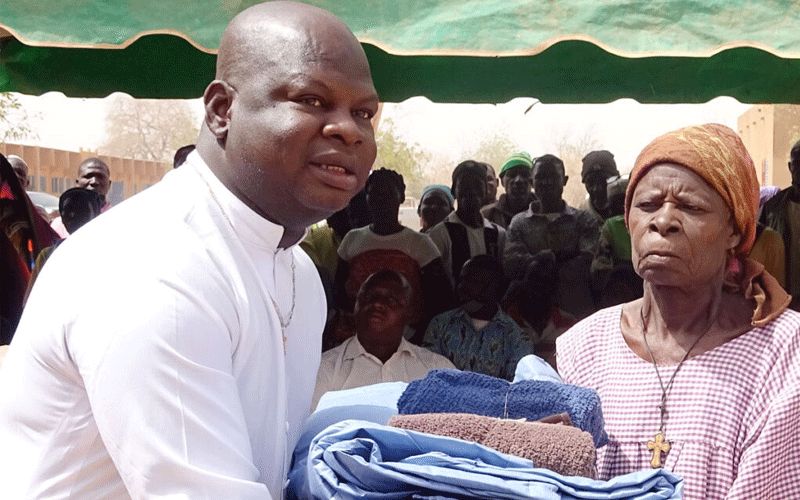Ouagadougou, 02 July, 2020 / 8:12 pm (ACI Africa).
The Catholic Church in Burkina Faso through its humanitarian arm, Caritas Burkina Faso, has launched an emergency appeal to address the plight of millions of people displaced by the ongoing regional conflict in the West African nation through humanitarian support.
In a report published by Caritas Internationalis, the leadership of Caritas Burkina Faso justifies the appeal, cautioning that “more than 2.2 million people will go hungry in the country in coming months due to conflict and extreme weather conditions if no help is given.”
“Caritas is appealing for €600,000 (US$673,872)) to provide those displaced, as well as families who host the displaced, with food and cash support over four months until the end of October 2020,” the leadership of Caritas Internationalis has said in the report published Wednesday, July 1.
The envisaged food baskets will target 1,500 households in the dioceses of Kaya, Fada N’Gourma, Nouna and Dédougou, officials of the international confederation have said.
The food baskets will contain enough food supply to last each household a month and will include 50kg of rice, 50kg of sorghum or millet, 25kgs of beans, 5 litres of cooking oil, 2kgs of salt, and 5000 CFA francs (US$8.56) so that people can add fresh food to their diet.








